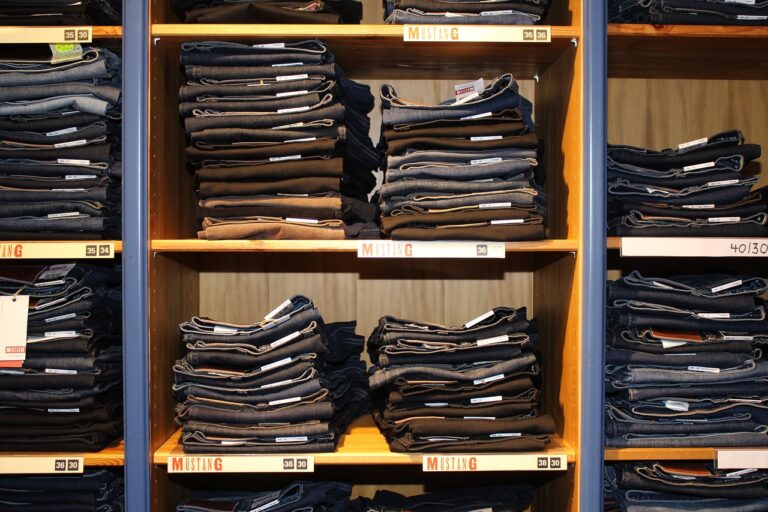The Psychology of Social Comparison in Shopping
When individuals engage in shopping, it is common for them to compare themselves to others. This behavior stems from a natural tendency to seek validation and reassurance from external sources. By comparing themselves to others, individuals gauge their own self-worth and validate their choices in the context of social norms and expectations. The desire to conform to societal standards and perceptions often drives individuals to evaluate themselves in relation to others while shopping.
Moreover, comparing oneself to others when shopping serves as a mechanism for social connection and belonging. Human beings are inherently social creatures, and the need for social acceptance and belonging is deeply ingrained in our psyche. By comparing themselves to others, individuals subconsciously seek to establish a sense of connection with their peers and feel part of a larger social group. This social comparison not only influences individual shopping decisions but also plays a crucial role in shaping one’s identity and sense of belonging within a community.
The impact of social media on shopping behavior
Social media plays a significant role in shaping consumers’ shopping behavior. Platforms like Instagram, Facebook, and Pinterest showcase a plethora of products endorsed by influencers and celebrities, leading users to compare themselves to these idealized images. This constant exposure to seemingly perfect lifestyles creates a desire for similar possessions, prompting individuals to make impulse purchases to keep up with the trends they see online.
Moreover, social media amplifies the fear of missing out (FOMO) phenomenon, as users are inundated with images of friends and influencers enjoying the latest products and experiences. This fear drives consumers to seek out similar items to feel included and part of the social narrative. The curated nature of social media feeds creates a sense of competition and comparison among users, pushing them to shop in order to maintain a certain image or lifestyle portrayed online.
The role of advertising in fostering social comparison
Advertising plays a significant role in fostering social comparison among consumers. Through carefully curated images and messages, advertisements often showcase idealized versions of products or lifestyles, setting a standard for individuals to measure themselves against. This creates a sense of aspiration and desire to attain what is presented as desirable or superior, leading to comparisons with others who might possess these coveted items or qualities.
Additionally, advertisements strategically highlight the positive attributes of products or services, often emphasizing how they can improve one’s life or make them more likeable. This persuasive tactic can prompt individuals to evaluate their own possessions or characteristics in comparison, potentially stirring feelings of inadequacy or a need to conform to societal norms. As a result, advertising plays a pivotal role in shaping individuals’ perceptions of themselves in relation to others, perpetuating a cycle of social comparison in consumer culture.





